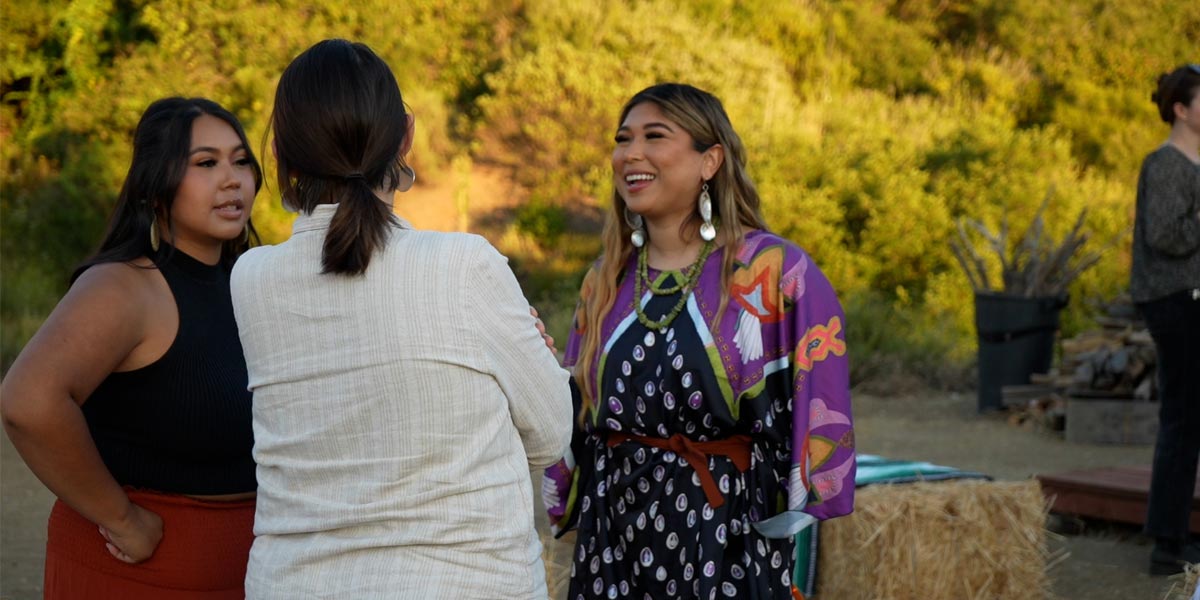It’s easy to confuse behavioral health with mental health, as both deal with a person’s state of mental well-being. However, while behavioral health is a subset of mental health, not all mental health disorders are a result of behavioral issues.
Behavioral health disorders often occur simultaneously with mental health disorders, but to treat either of these conditions, simply modifying behaviors may not be enough. Psychiatric care and counseling may be needed to get to the root of the problem.
Defining Behavioral Health
The World Health Organization defines mental health “as a state of well-being in which every individual realizes his or her own potential, can cope with the normal stresses of life, can work productively and fruitfully, and is able to make a contribution to his or her community.”
WHO further defines behavioral health as how an individual’s habits impact their overall physical and mental well-being.
To help clarify the corresponding conditions that determine mental or behavioral health, University of Massachusetts Global lists the following conditions as common mental health illnesses:
- Depression – a mood disorder that leaves people feeling empty and heavy
- Generalized anxiety disorder – a persistent unease causing continuous worrying and can affect sleep and concentration
- Bipolar disorder – characterized by episodes of depression and mania with hyperactivity
- Schizophrenia – characterized by losing touch with reality and experiencing hallucinations, delusions and unhealthy thoughts
As explained previously, behavioral health disorders result from a person’s behavior through an activity or action. These are behaviors that can have a negative effect on an individual’s physical and mental condition. Examples of such behaviors include:
- Drug and alcohol abuse – self-medicating by overusing alcohol and/or illicit or prescription drugs
- Gambling addiction – pursuit of a risky behavior that stimulates the brain’s reward system by overproducing dopamine
- Sex addiction – seeking sexual gratification that stimulates the brain’s reward system
- Eating disorders – a range of psychological conditions that cause unhealthy eating habits to develop, such as anorexia nervosa, bulimia and binge eating
Often, to address a mental health condition, certain behaviors or habits must be modified in addition to any medication or therapy. This can be addressed through proper treatment plans for behavioral health.
Treatments and Services for Behavioral Health
The first step in any treatment plan is to get an accurate diagnosis for the condition. It’s important to realize that treatment is multi-faceted so medication alone may not help a behavioral health condition. It’s often necessary to change the bad habits or activities that are causing the condition.
The U.S. Substance Abuse and Mental Health Services Administration (SAMHSA) explains, “For many people, the most effective behavioral health approach involves a combination of counseling and medication. Early treatment is best. A trained professional should do a full evaluation to make the diagnosis. No single treatment works best. Treatments must address each person’s needs and symptoms.”
Fortunately, with the passing of the Affordable Care Act, many health plans are required to cover mental health and substance abuse treatments providing options for people to receive treatment for their behavioral health conditions.
Behavioral Health in San Diego
With a lack of access to mental and behavioral health services plus increased stress caused by the COVID-19 pandemic, a coalition of the nation’s leading experts in pediatric health declared a national emergency in child and adolescent mental health. In San Diego, Adverse Childhood Experiences (ACEs) and trauma are recognized as an issue affecting many children, families and service providers in San Diego County.
The San Diego Foundation Healthy Children & Families Initiative launched in fall 2021 and is committed to increasing quality of life for children and their low-to-moderate-income families through expanded access to supportive services. Inaugural grants were awarded to local nonprofits addressing mental and behavioral issues for children and families in July 2022. Grant recipients will address one or more of the following areas:
- Implement culturally responsive and trauma-informed approaches that address ACEs and/or other clinical screening tools for children of all ages and/or their parents, guardians or caregivers and provide appropriate treatment or referrals based on screening outcomes.
- Ensure that children and families have access and/or care coordination to high-quality, affordable and culturally responsive mental and behavioral health care.
- Provide supportive interventions that are culturally responsive and trauma-informed for children and/or their parents, guardians or caregivers to support mental and behavioral wellness, such as family-centered interventions, peer-to-peer support, interactive education, coaching and mentoring, and other programs promoting resiliency.




